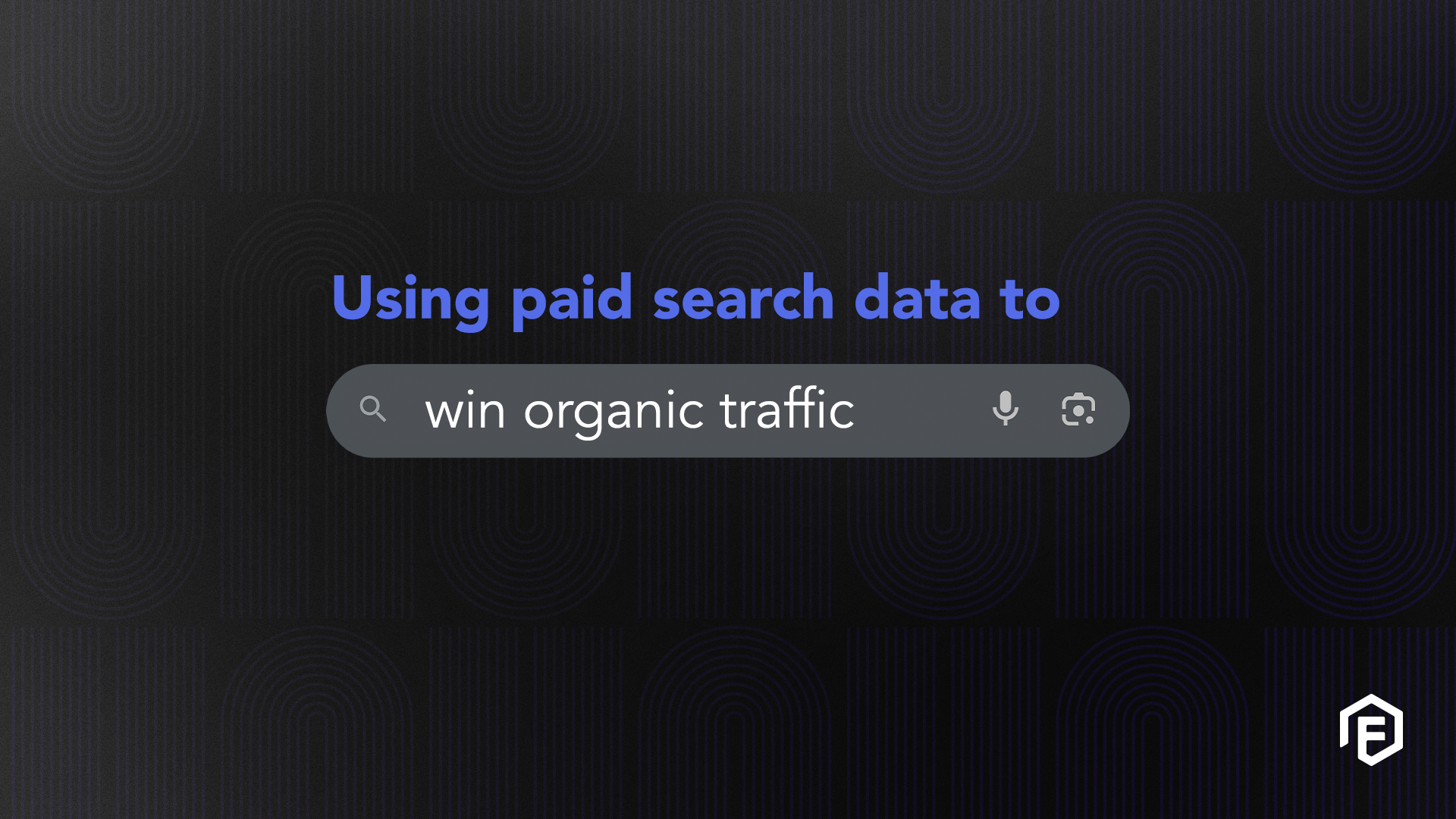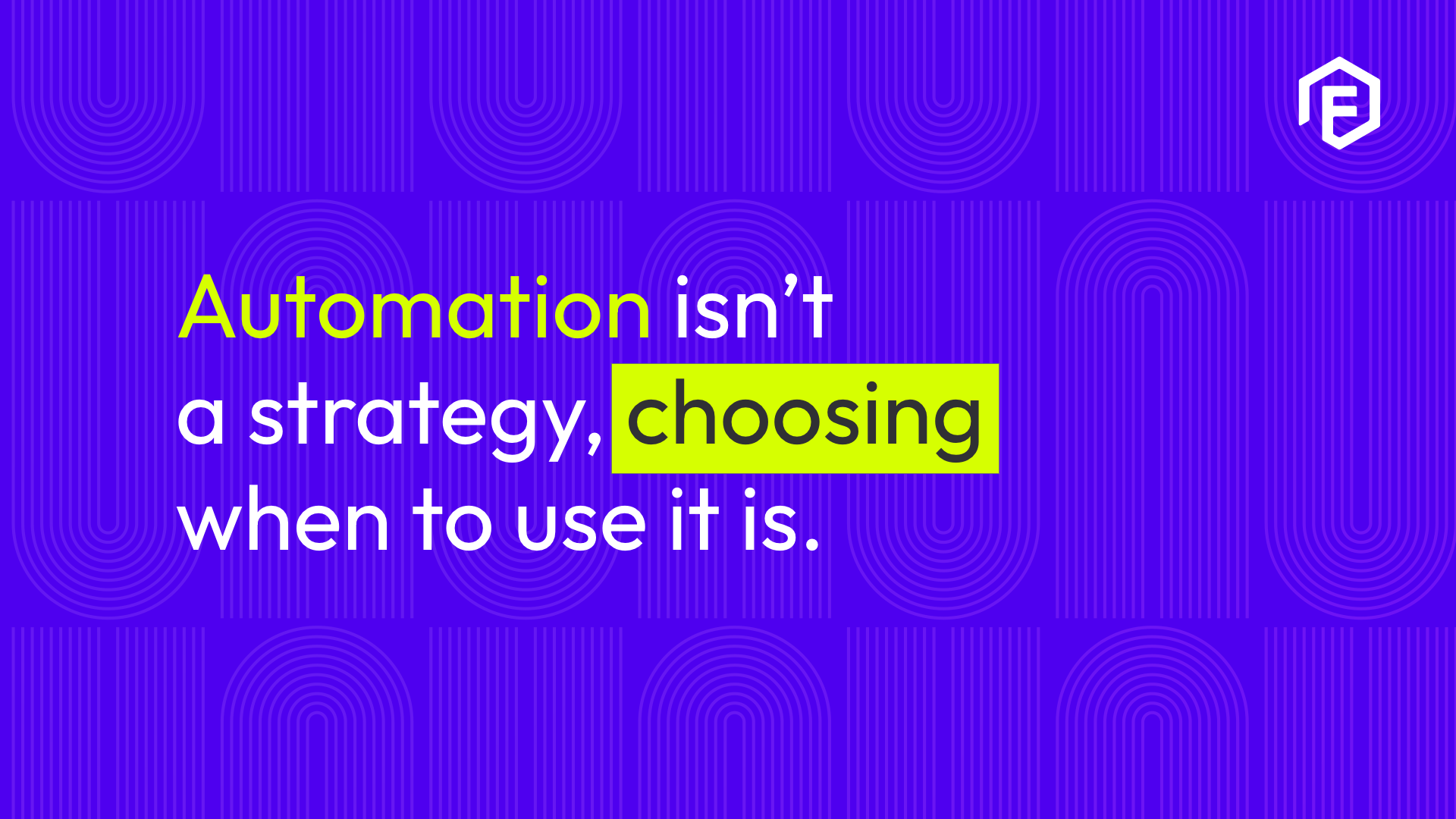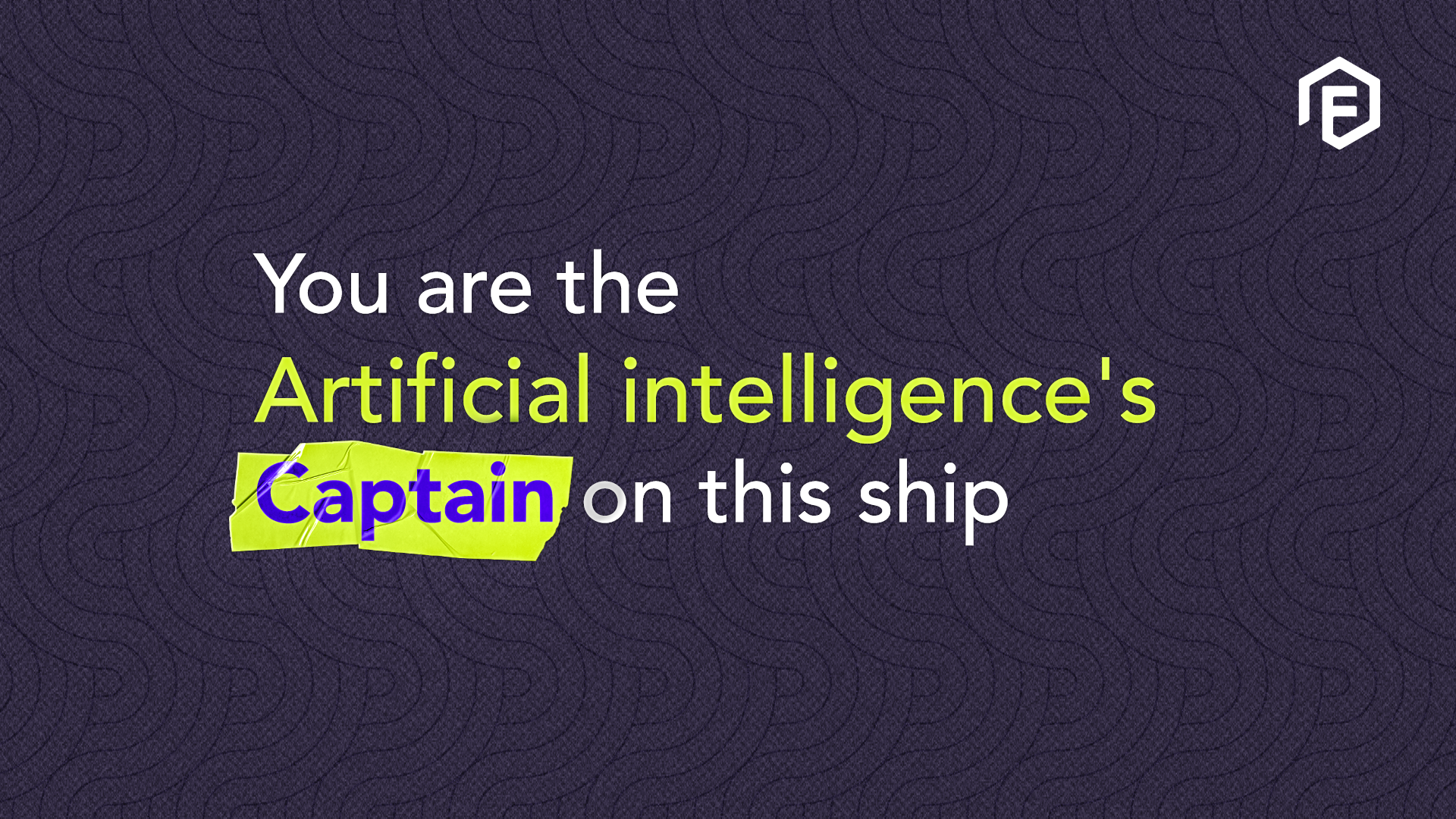The Context Effect: Turning Storytelling into Strategy
It’s no secret that today’s digital space is flooded with content. With such volume, one has to wonder why some stories stick and others simply vanish.
For years, we’ve said that the story is the strategy. While there is still truth in that outlook, it’s no longer the full picture. This is because even the best story loses its meaning when it’s told in the wrong place, at the wrong time, and to the wrong audience.
This is why the real power lies in context.
Strategy today isn’t just about what you say, it’s also about where, when, and how that story comes to life. Meaning doesn’t exist in isolation; it’s created in the moment your content meets someone in a way that matters to them.
Think of brands like Nike or Airbnb – they don’t just advertise products, they tell stories of aspiration, adventure, and belonging. But just as importantly, they tell them strategically. Nike launches messages of perseverance during cultural moments that demand strength. Airbnb shares stories of belonging when the world feels divided. Their success isn’t only in storytelling, but in timing.
Ultimately, effective content isn’t about what you say; it’s also about why and when it matters. Moving from message to meaning means focusing on values, vision, and relevance, not just features or promotions. When your story reflects something bigger than the product and aligns with the moment your audience is living in, it connects on a much deeper, more human level.
Here’s the thing: Storytelling without strategy is really just entertainment. Strategic storytelling, however, turns engagement into action. The blueprint is simple:
- Understand who you’re speaking to, what they care about, and the context in which they live.
- Develop a narrative that reflects your brand’s purpose and resonates emotionally.
- Tell your story where your audience is, in the formats they prefer, at moments that matter most.
At the end of the day, content without meaning is just noise. And meaning doesn’t come from a story alone; it comes from the space, time, and mindset in which that story is received.
“Strategy sets the direction, but storytelling gives people a reason to care, and context gives that story relevance. The truth is, content isn’t king anymore … context is. Because even the best story, shared in the wrong feed or at the wrong time, gets lost in the noise. At Flume, we’ve found that when human insight leads the message and context guides its delivery, content naturally earns both attention and impact.”
- Tammy Tal, Content Director
-
Frequently Asked Questions
-
1. Why are people using TikTok as a search engine instead of Google?
- TikTok has become a search engine for many, especially younger generations, because it delivers authentic, user-generated content through short-form videos. Unlike Google’s webpage indexing, TikTok offers answers rooted in lived experiences, complete with visuals and personal commentary, making it feel more relatable and trustworthy for queries like tutorials, reviews, or recommendations.
-
2. How is AI changing the way we search?
- AI-powered search tools like ChatGPT and Perplexity provide direct, synthesised answers instead of lists of links. They act like a concierge, understanding user intent and delivering contextualised responses, which shifts search from link-based discovery to instant answer delivery, challenging traditional SEO strategies.
-
3. Is Google still relevant with the rise of TikTok and AI search tools?
- Yes, Google remains a powerhouse for research-heavy and transactional queries, backed by decades of data and robust infrastructure. However, it’s adapting to competition from social platforms like TikTok and AI tools by introducing features like Search Generative Experience (SGE) to provide direct answers.
-
4. What does the shift to social and AI search mean for digital marketers?
Marketers must adopt multi-platform, multi-format strategies. This includes creating answer-focused content for AI, producing short-form videos for platforms like TikTok, leveraging user-generated content for trust, and optimizing for clear, natural language to align with AI discovery.
-
5. Can we trust AI search engines to provide accurate information?
- AI search engines are improving but can still produce inaccuracies or overconfident responses, sometimes referred to as “hallucinations.” While they’re powerful for quick, synthesised answers, users should verify critical information, especially for complex or sensitive queries.



